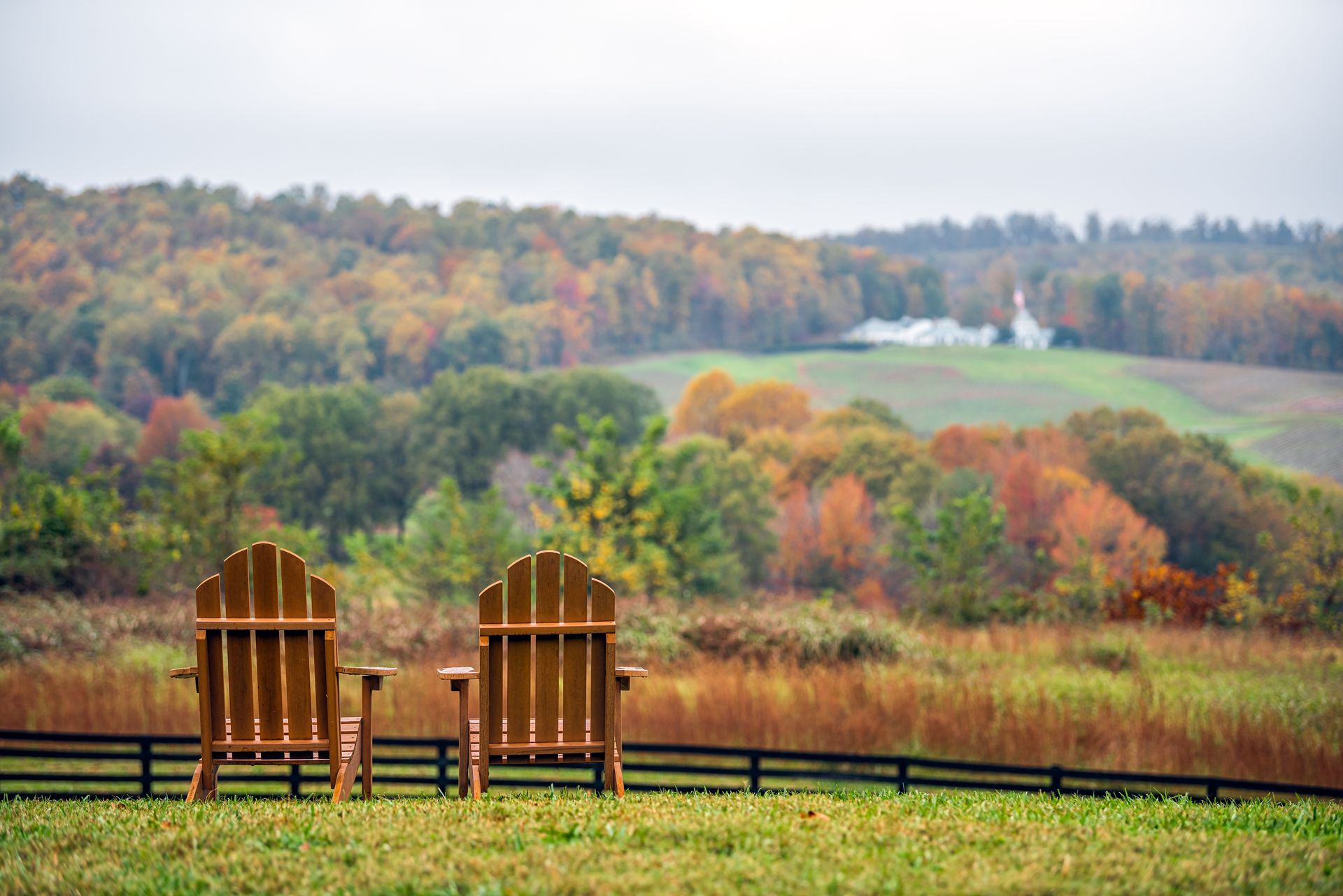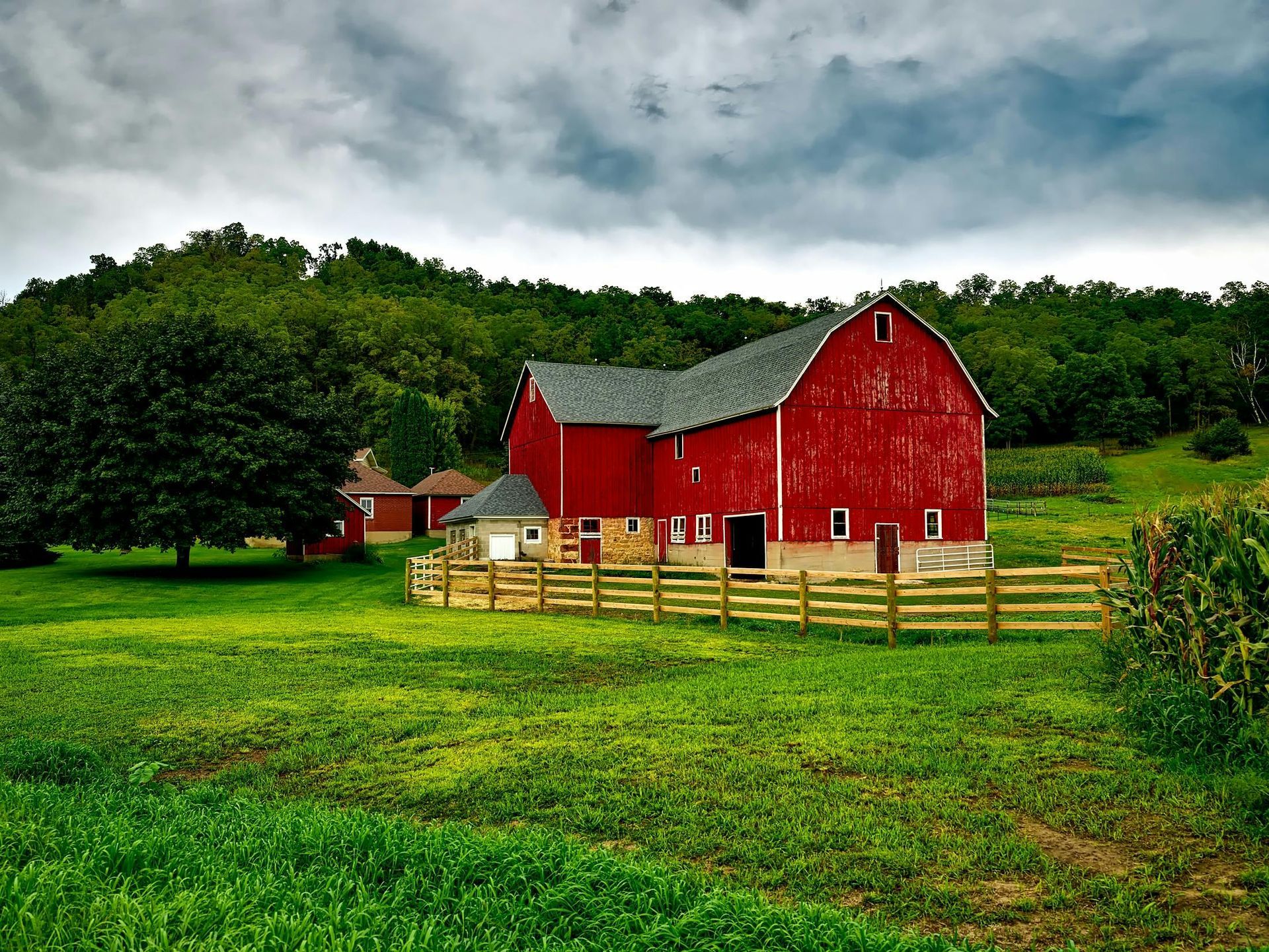4 Ways to Power Your Home Off the Grid
Having a homestead can be an exciting adventure. Living on your own expansive land, far from neighbors and the noise of the city can greatly reduce your stress, increase your feelings of gratitude and be an overall empowering experience. Whether you and your family just have a house off the grid or you have a larger homestead complete with a full garden and livestock, there’s a lot of benefits and things to think about when living on your own.
For most people, living far from others and the confinement of the suburbs means living off the grid. Generally, living off the grid simply means that you’re going to live without relying on public utilities such as water, sewer and electricity. However, living without relying on public utilities does not necessarily mean that you have to live without them.
Today, living off the grid doesn’t have to mean forgoing the modern-day convenience of electricity and all that it can do for your home and life. There are many options and ways to reliably power your home without relying on public electricity. Keep reading for some of the best ways to power your home and how to decide which method is right for you.
1. Propane
Propane can be a viable source of power when living off the grid, however, it does have its limitations. While propane can be a good source of power, it can become costly and cumbersome. For some perspective, most average homes require around 370 gallons of propane a year to produce enough power. One of the benefits of propane is that it can work practically anywhere regardless of the type of property you have since it’s stored in a self-contained tank. Propane provides power by decompressing liquified gas upon its exit from the containing cylinder or tank into the appliance that it’s powering. One of the main limitations of propane is that it cannot be used to power everything. Typically, propane can serve as a power source for ovens, stoves, heaters, refrigerators and even generators. However, it can’t power everything in your home, including things like lighting, computers and other everyday necessities. Although gas may not be a sufficient source of power for all of your needs, it can help to reduce your need for electricity by powering some of your larger appliances.
2. Solar
When most people think of powering their homes off the grid, solar is likely one of the top contenders that come to mind. It’s true, solar power can be a highly effective way to power your home off the grid and is capable of providing plenty of power with little to no maintenance required. The main things to consider when deciding whether or not solar power could be right for your homestead is the cost and the amount of sun your land receives. Setting solar electricity up on your homestead is an investment and unfortunately isn’t always a cost-effective way to power your home. Even if you get decades out of your solar set up, it still may not end up producing a positive return on your investment. However, if your home receives adequate sunlight, then solar can be a dependable and hassle-free way to provide all of the electricity you need to your home. When it comes to solar, this solution can be customized depending on what you need. For example, if you plan on using solar in addition to another source of power, then you might be able to get away with fewer panels. On the other hand, if your home receives a lot of sun then you might want to have more panels if you’re planning on using this as your only source of power. There are also a variety of solar options to choose from, which vary in cost, size and type. Ultimately, solar can be an extremely viable option as long as you’re okay with the investment it takes and your home gets adequate sunlight.
3. Water
While not quite as popular as some of the other off the grid power solutions, using flowing water as a source of power can be a great option depending on your land. Microhydro electricity uses running water, like a stream, in order to generate electricity. When the water flows from a high level to a lower level it turns a turbine at the bottom of the system, producing energy. One of the main benefits of micro-hydro electricity is that it can be one of the most cost-effective forms of off the grid power. If you have the right conditions, you can produce reliable, consistent power that’s constantly regenerating. However, one of the biggest limitations with using water to generate electricity, is that it requires a dependable, flowing body of water, which not everyone has on their land.
4. Wind
When we think of wind power we may think of fields of large windmills, however, using the power of wind to provide your home with the electricity you need is possible with residential-sized wind turbines. With the right turbine, you can provide your home with enough electricity to meet all of your needs. Of course, before you get too excited by the prospect of powering your home with wind, it’s important to understand exactly how much wind your home receives. Your local weather service can tell you what the average wind speed for your area is since it can vary a lot from region to region and depends heavily on the local topography. Depending on the area your home is in, how much open land it’s surrounded by and the local weather patterns, it may be possible to satisfy your electricity needs by harnessing the power of wind using turbines.
If you’re interested in truly living off the grid then these power sources can help you do so without compromising on your electricity usage. If you’re still dreaming of escaping the hustle and bustle of suburban life in favor of something a little more tranquil, then we can help you find your dream home and plot of land that you can make your own.
Copyright © 2018-2024 Minieri & Company, LLC. All Rights Reserved.

Meet Kevin McLemore | Realtor® NC/SC
Kevin McLemore is a second generation real estate broker, having grown up in the business. The McLemore Group is centered around the strong bond that Kevin has with his father, Dan McLemore. They have been working together selling land, homes, and commercial projects for over 20 years.
Kevin specializes in helping sellers of unique properties get maximum value for their property with as little headache as possible. He has brokered transactions throughout the greater Charlotte region including the upstate of South Carolina.
Contact Kevin McLemore: (704) 361-7151











